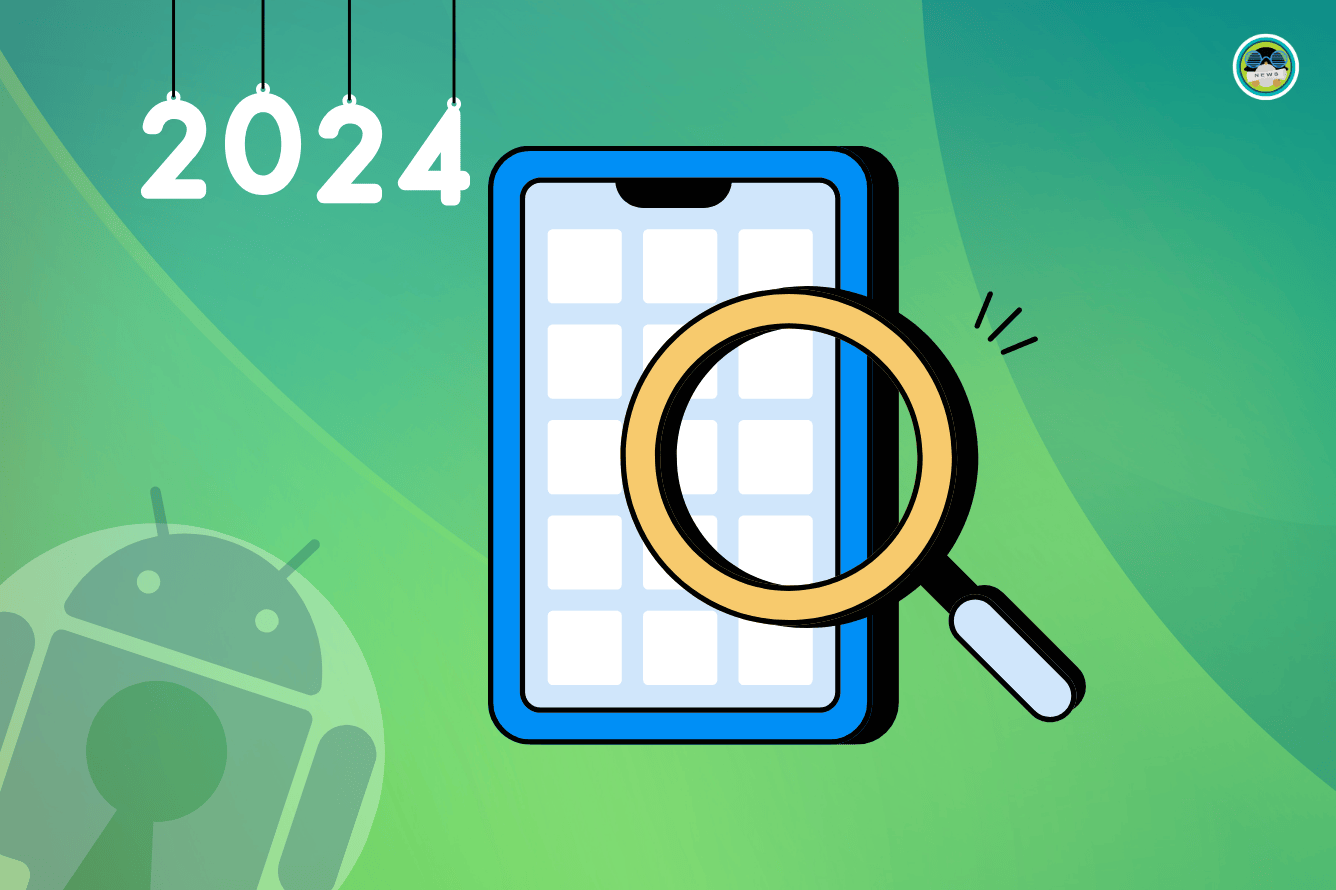While general purpose chatbots like OpenAI’s ChatGPT are the focus of initial AI consumer hype, AI products with much more specific applications have begun to proliferate. The biggest boom is perhaps in the area of productivity software, with new startups emerging every day from the morass of tech finance capital to offer us the promise of more streamlined, hassle-free workflows. After all, efficiency is one of the most obsessed-over metrics in the modern workplace. But are the promises made by AI productivity apps legit, or are they high tech snake oil? To answer that, we need to look at how they work.
Advertisement
AI productivity tools take on many different forms, with one of the more popular manifesting in products such as Beloga, which aggregate relatively small amounts of user-inputted data relating to your person or business and use them to deliver insights or accomplish tasks. These apps may not be the stars of the AI world, but they may have more concrete applications in the short term compared to general purpose chatbots. Not only are the newest AI productivity apps meant to organize your personal data, but they can be designed with those specific purposes in mind. So, here’s how products like Beloga work, and what they can do for you.
Beloga and other AI productivity programs are like mini ChatGPTs
At their core, Beloga and other such AI productivity apps are like a traditional notebook app but with the addition of an AI language model. They use the same underlying technology as large-scale AI products like ChatGPT to scan various data and use them to answer questions. Beloga in particular is similar to Google’s podcast-generating NotebookLM. Instead of responding to prompts from a knowledge base of nearly every written text on earth, Beloga and NotebookLM allow users to curate their own data sets. For example, if you’re a researcher studying asteroids, you might have a large number of spreadsheets with trajectory information, other documents including physics, and so on. You can input all of that data into one of these programs, and then ask the AI to do things like compare the trajectories of different asteroids to see if they share patterns.
Advertisement
Other productivity apps work similarly. For example, one app called Fabric can be connected to your files across Dropbox, Evernote, Notion, Google Drive, and so forth. Rather than being used for specific projects like with Beloga or NotebookLM, Fabric is meant as a general organization tool that can track down files based on natural language prompts. Despite the function of the app being different, it is using the same generative AI technology as the aforementioned research apps. Think of ChatGPT or Gemini as librarians in the Library of Congress, with access to nearly unlimited troves of information, whereas personal productivity AI apps are more like a home library with your personally curated collection of texts.
Advertisement
AI productivity apps have the same limitations as other AI products
There are quite a few problems with AI, and they’ve led to some nightmare scenarios with current generation AI. In addition to the phenomenon of hallucination, which is when an AI malfunctions and appears to make something up out of thin air, large language models are prone to drifting away from the conversation at hand, or even entirely forget what they’re doing mid-conversation. Additionally, thanks to their underlying need for endless reams of information to train on, they have become aggressive vectors for data scraping, encouraging the worst anti-privacy impulses of big tech. Productivity apps like Beloga, Fabric, NotebookLM, and so forth have the potential to solve some of these issues, but are largely not free of them.
Advertisement
There’s nothing to suggest these apps are less prone to spouting falsehoods. Even when they answer coherently, they may be misunderstanding information in their data sets, so it’s best to double check responses before using them. Beloga in particular assures users that its AI “verifies accuracy” but if it had a 100% accuracy rate, the company would have solved the most pernicious issue in all of AI research, which seems unlikely. The more sensitive the information you import into a program like Beloga, or the more important the task you use them for, the more imperative the need to ensure the accuracy of the replies you get. This means redoing all the work it’s supposed to do for you, which takes time and ultimately reduces efficiency. Secondly, you’ve got to consider data privacy. Some AI productivity tools have more robust privacy policies than others, but anytime your data is being processed off-device, it is at risk of being abused or stolen.
Advertisement





